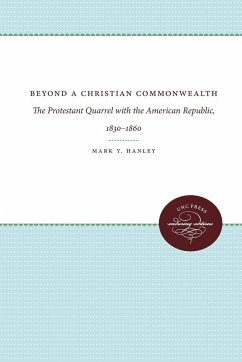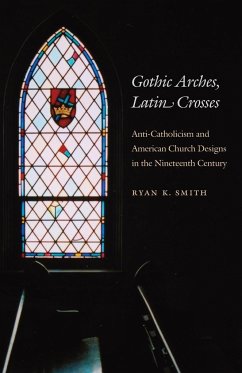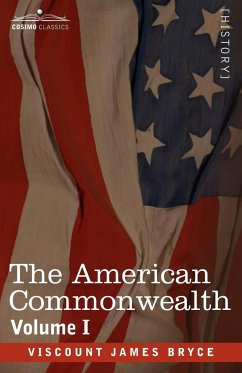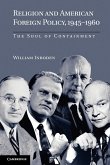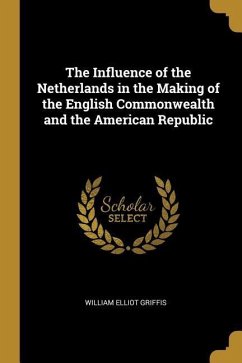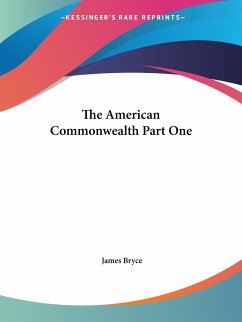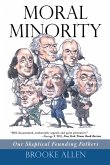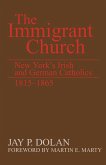Antebellum mainline Protestant ministers are often portrayed as heralds of a national 'faith' in republican progress that reached its high point in the three decades before the Civil War. Mark Hanley argues, however, that the liberal culture that emerged in America between 1830 and 1860 seriously eroded mainstream Protestant confidence in the spiritual yield of republican liberty and faith. Through their 'religious jeremiads,' the vast body of sermons and sermonic literature that reached inward to the exclusive world of believers rather than outward to the nation at large, troubled ministers responded to the growing distance between their hopes for spiritual community and an emergent liberal culture marked by acquisitive materialism and social and intellectual diversity. By tapping neglected sources that give fuller focus to Protestant religious interests, Hanley challenges the notion that enthusiastic endorsements of millennialism and material progress had effectively silenced mainstream Protestant dissent in the late antebellum period. He locates this dissent within a transdenominational struggle to secure Protestantism's spiritual claims from the materialism, cultural arrogance, and radical freedom of a new liberal order. Originally published in 1994. A UNC Press Enduring Edition -- UNC Press Enduring Editions use the latest in digital technology to make available again books from our distinguished backlist that were previously out of print. These editions are published unaltered from the original, and are presented in affordable paperback formats, bringing readers both historical and cultural value.
Hinweis: Dieser Artikel kann nur an eine deutsche Lieferadresse ausgeliefert werden.
Hinweis: Dieser Artikel kann nur an eine deutsche Lieferadresse ausgeliefert werden.

